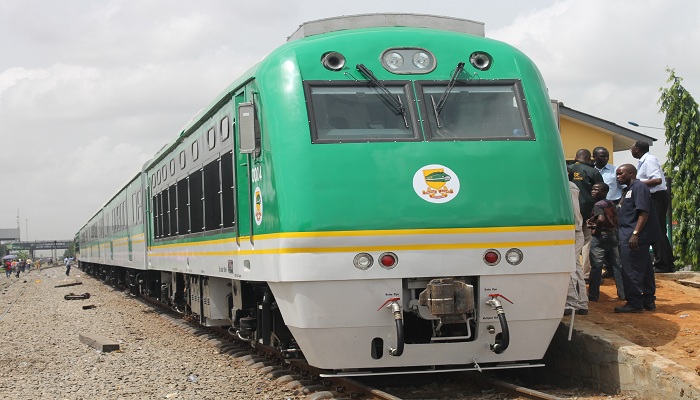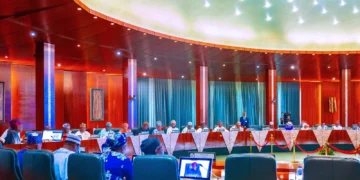Nigerians have hailed the construction of rail lines across the country as a pivotal force for economic transformation. They said that the new rail lines represent a significant milestone in this revival. Infrastructure projects of this magnitude are recognised for their ability to unlock myriad opportunities and drive development across various sectors.
According to them, the Rail lines are envisioned as more than just a means of transportation; they are conduits for fostering increased trade, investment, and commercial activities between vital economic hubs. Recently, the federal government announced the Port Harcourt to Aba rail line is now operational.
The Minister of Transportation, Said Alkali, emphasized that this line is expected to enhance the efficiency of goods and passenger transport, reducing costs and improving market accessibility. This improvement is anticipated to stimulate economic activities and foster development in the regions it serves.
A registrar at Ashi Polytechnic in Anyiin, Benue State,Mr. Amos Vershima Iorlaha highlighted in an interview with me that the rail line will enhance connectivity, livelihoods, trade, and visibility in Nigeria.
He emphasised the importance of Nigeria’s infrastructure reflecting its status as Africa’s leading economy and urged the government to expedite the construction of additional railway systems.
“This is particularly crucial amidst challenges such as the removal of fuel subsidies and the congestion of commercial vehicles on roads,” he said.
Similarly, vice principal of Tahir International Academy in Kaduna, Mr. Godwin Aerga, believes that such infrastructure developments will attract both domestic and foreign investments. Improved connectivity is expected to spur urban development, potentially giving rise to new business districts and residential areas along the rail route.
Aerga added that the rail line symbolises progress and prosperity, with the anticipation that it will unlock the economic potential of the region and enhance the quality of life for its inhabitants.
“The benefits of the rail line extend beyond economic growth. Residents and businesses stand to gain from reduced travel times between regions, enhancing connectivity and economic integration. It stimulate job creation and foster economic growth, providing opportunities for the local workforce,” he said.
In light of his commitment to transforming key sectors of the economy, Aerga appealed to President Tinubu to prioritise the completion of other rail lines across the nation. The revitalisation of rail lines is seen as a testament to Nigeria’s determination to embrace progress and modernise its infrastructure.





